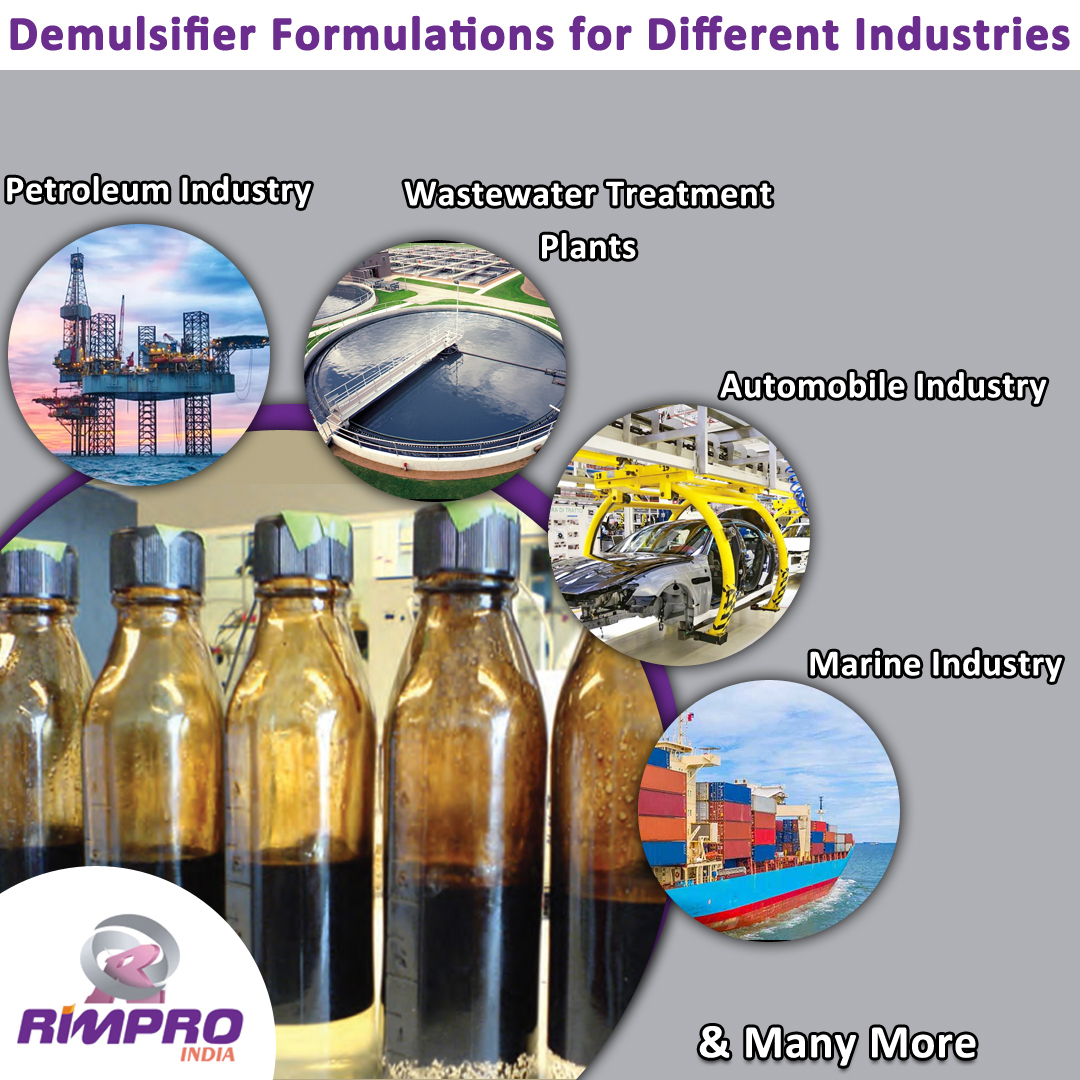 Menu
Menu
Regulatory and Safety Considerations for Crude Oil Demulsifiers
Crude oil demulsifiers play a crucial role in the oil extraction industry, but their use is subject to various regulatory and safety considerations. In this article, we will explore the regulatory landscape governing the use of demulsifiers, safety protocols for handling and application, and the impact of regulations on the choice of demulsifiers.
Regulatory Landscape
The regulatory landscape governing the use of demulsifiers varies by region and is often overseen by government agencies responsible for environmental protection and occupational health and safety. In the United States, for example, the Environmental Protection Agency (EPA) regulates the use of demulsifiers under various statutes, including the Clean Water Act and the Toxic Substances Control Act.
Regulatory requirements may include approval processes for new demulsifier formulations, restrictions on the use of certain chemicals, and guidelines for safe handling, storage, and disposal. Additionally, oil extraction companies may be required to obtain permits or licenses for the use of demulsifiers, and regulatory agencies may conduct inspections to ensure compliance with environmental and safety standards.
Safety Protocols
Safety protocols for handling and application of demulsifiers are essential to protect workers, the environment, and surrounding communities. Oil extraction companies are responsible for implementing comprehensive safety programs that address potential hazards associated with demulsifier use, including chemical exposure, fire, and spills.
Key safety protocols may include:
- Training programs for workers on the safe handling, storage, and application of demulsifiers.
- Personal protective equipment (PPE), such as gloves, goggles, and respirators, to minimize exposure to chemicals.
- Proper labeling and storage of demulsifier containers to prevent accidents and spills.
- Emergency response plans for spills or accidents, including containment and cleanup procedures.
Impact of Regulations on Demulsifier Choice
Regulations governing the use of demulsifiers can significantly impact the choice of demulsifier formulations by oil extraction companies. Companies must ensure that the demulsifiers they use comply with regulatory requirements to avoid fines, penalties, and potential legal liabilities.
As a result, companies may prefer to use demulsifiers that are approved by regulatory agencies and have a proven track record of safety and environmental compliance. Additionally, companies may opt for demulsifiers that are biodegradable, environmentally friendly, and have minimal impact on ecosystems and wildlife to align with sustainability goals and public perceptions.

Conclusion
In conclusion, regulatory and safety considerations are critical factors in the use of crude oil demulsifiers in the oil extraction industry. Regulatory agencies oversee the approval, use, and disposal of demulsifiers to protect human health and the environment. Oil extraction companies must adhere to safety protocols to minimize risks to workers and surrounding communities. The impact of regulations on the choice of demulsifiers underscores the importance of compliance with environmental and safety standards in the selection and use of demulsifier formulations.
